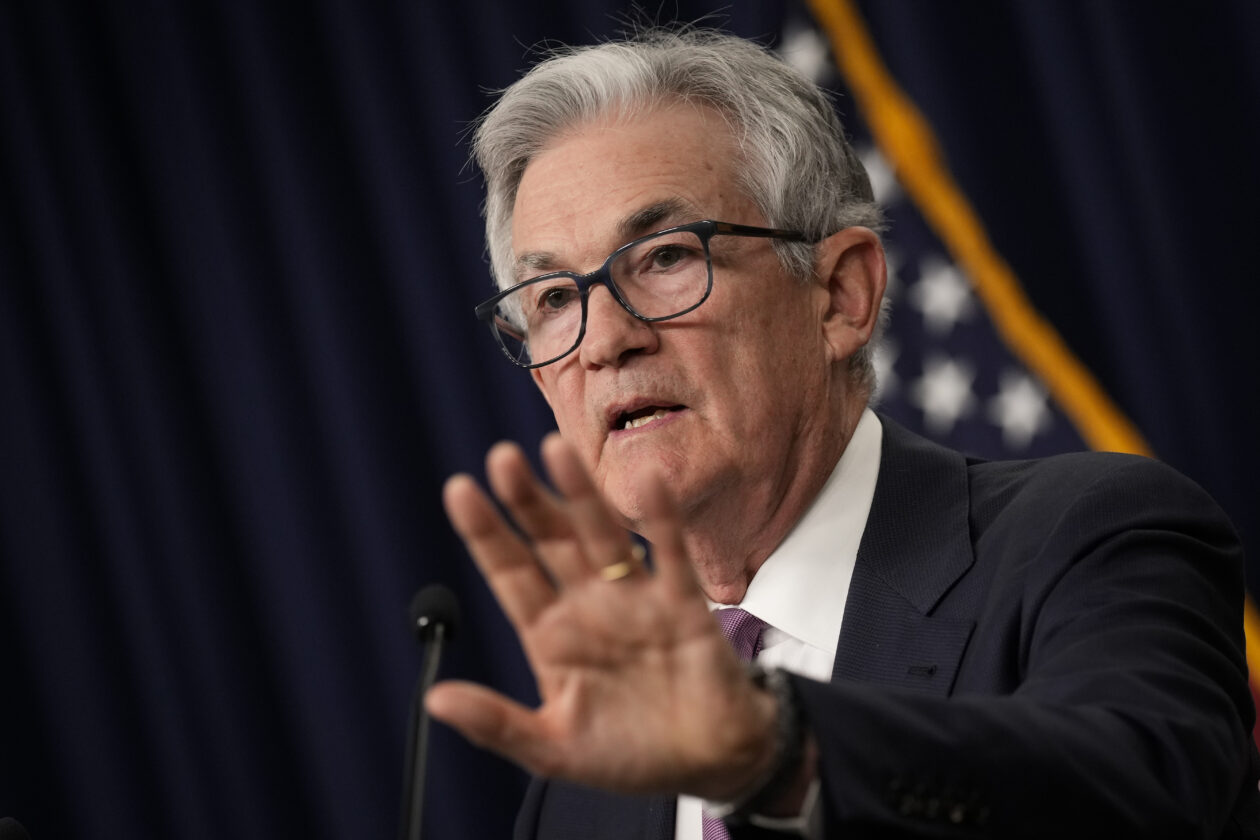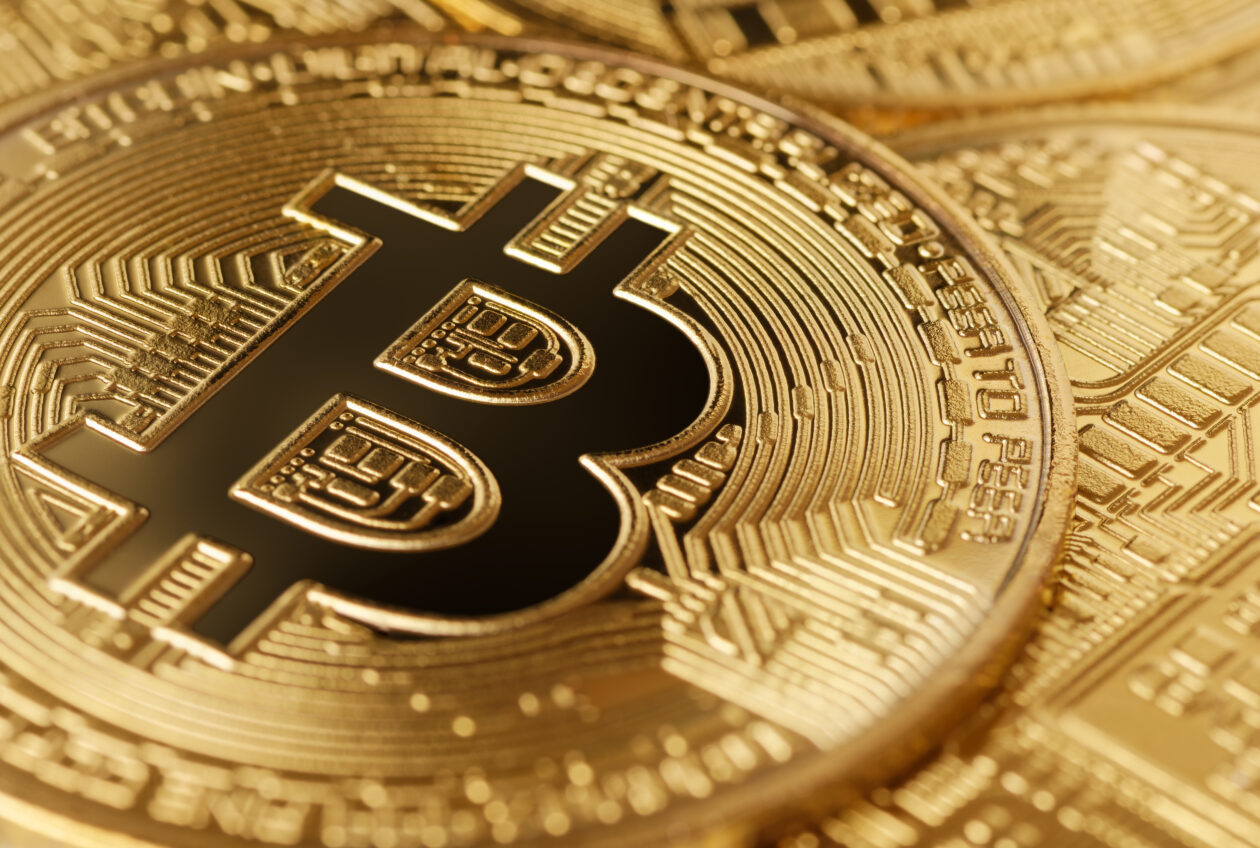Bitcoin fell on Friday morning in Asia as other top 10 non-stablecoin cryptocurrencies traded mixed. Bitcoin again slipped below support at US$30,000 after a week that saw buyers retreat. Developments in applications for Bitcoin exchange-traded funds (ETFs) failed to generate fresh investment, though some commentators say the pent up demand is there. Ether traded flat and is also a loser for the week. Matic led the early gainers on Friday, but is also in the red for the week.
Bitcoin backs off
Bitcoin fell 0.18% to US$29,824.09 as of 6:40 a.m. in Hong Kong, according to data from CoinMarketCap. The world’s largest cryptocurrency has lost 4.53% in the past seven days.
The drop came amid further developments in Bitcoin exchange-traded fund (ETF) applications by U.S. asset managers.
Spot Bitcoin ETF applications from BlackRock, Fidelity, Invesco Galaxy, VanEck, and WisdomTree on July 19 were published in the Federal Register, which means the Securities and Exchange Commission (SEC) now has up to 240 days to accept or request the applications, according to Bloomberg.
Bloomberg research analyst James Seyffart wrote on Twitter that while this sets the clock ticking, the SEC may still reject all the applications.
BlackRock, the world’s largest asset manager, filed its spot Bitcoin ETF application on June 15, sparking a round of buying of cryptocurrencies on expectations more institutional funds will start investing in the asset class.
While that enthusiasm has faded, Alex Kuptsikevich, senior market analyst at London-based brokerage firm FxPro said latent demand for cryptocurrencies remains, although “the momentum is far from euphoric.” Kuptsikevich added that Bitcoin continued to find support this week on dips below $30,000. “A move to the upper boundary at $31,300 is most likely in this environment,” he said.
Asia Pacific institutional investors “remain constructive across the digital asset complex following last week’s positive news on [ETFs],” said Matt Long, the APAC general manager of California-based international crypto brokerage FalconX. “They are well positioned for further appreciation in markets,” said Long in an emailed statement to Forkast.
U.S.-based digital asset manager Grayscale Investments said in a Friday report that about half of Bitcoin’s 80% increase from December to mid-July relates to macro developments, while the rest is due to Bitcoin-specific positives.
“Crypto no longer behaves as its own ecosystem: Bitcoin and other digital assets are now more correlated with other market indicators,” according to the report.
“Since January 2023, Bitcoin has appreciated more than can be explained by the rally in tech stocks and fall in the US Dollar. We think this reflects idiosyncratic positives, including optimism about eventual spot Bitcoin ETF approval, as well as Bitcoin’s surge in March following stress in regional banks,” Grayscale said.
“Valuations are now more closely tied to broader macro trends, and more Fed tightening could be a headwind for higher risk assets, including both equities and cryptocurrencies,” the report said.
Back in Asia Friday morning trading, Ether edged up 0.31% to US$1,895.14, while falling 4.70% in the last week.
Other top 10 non-stablecoin cryptocurrencies were mixed — Polygon’s Matic led gainers, rising 3.42% to US$0.7711. However, it posted a weekly loss of 8.46%.
Polygon Labs is currently working on developing Polygon 2.0, a series of updates to the blockchain that the company says aim to make network governance more open and inclusive.
Solana was the biggest loser among the top 10, declining 3.53% to US$25.49, amid a 0.72% weekly loss.
The total crypto market capitalization edged down 0.15% in the past 24 hours to US$1.2 trillion, while trading volume jumped 19.19% to US$37.15 billion.
NFTs fall; OpenSea launches swap feature
In the non-fungible token (NFT) market, the Forkast 500 NFT index fell 0.56% in the past 24 hours to 2,696.41 as of 08:30 a.m. in Hong Kong. The index gained a flat 0.01% in the last seven days.
Total NFT trading volume rose 1.62% to US$18.69 million in the past 24 hours, according to data from CryptoSlam. Forkast NFT market indexes measuring performance on the Ethereum, Polygon and Solana blockchains all dropped, while the Cardano index rose.
On Thursday, NFT marketplace OpenSea announced that it is launching “Deals,” a new peer-to-peer NFT swap function. The company said in a tweet that this will help users avoid falling victim to “sketchy DMs & websites” as OpenSea will provide the platform for users to directly engage with each other.
Yehudah Petscher, NFT Strategist at Forkast Labs, says this feature is “more significant than people may realize.”
“One of the primary ways people are scammed in the NFT space is through fake trades. Often, legitimate trade sites are spoofed, and then trades offered through there,” said Petscher. “Now collectors will be able to trade using a platform they’re already familiar with and trust, and the best part is there are no fees involved other than gas.”
Currently, OpenSea allows only ERC-721 NFTs on Ethereum from verified collections to be traded on Deals. To make a “deal,” a user can offer one or more NFTs in return for another user’s NFTs, where one can also choose to add wrapped Ether (WETF) as part of the offer. The user accepting the deal will have to pay gas fees, according to OpenSea.
“Easy to use, and hopefully will have a major impact on lowering scams. This was long overdue.” Petscher said.
Elsewhere, Yuga Labs’ Bored Ape Yacht Club topped CryptoSlam’s NFT collection ranking by trading volume, rising 3.80% in the last day to US$1.4 million.
Ethereum was the top performing blockchain network by NFT trade volume, gaining 5.63% to US$13.73 million. Solana placed second, up 4.41% to US$1 million.
U.S. equity futures gain after mixed session

The three major U.S. stock futures indexes gained as of 11:10 a.m. in Hong Kong on Friday, after equities had a mixed regular trading session on Thursday.
The Dow Jones gained on top of strong Q2 earnings reports from Johnson & Johnson and Goldman Sachs. The S&P 500 and Nasdaq 100 slipped as Tesla tumbled on weak second-quarter gross margins and Netflix reported less-than-expected revenue.
In Asia, China’s Shanghai Composite Index gained, partially recovering from disappointing economic growth data for Q2. Investors are betting on Beijing to step up its economic stimulus measures, according to Trading Economics. Hong Kong’s Hang Seng Index also rose on China news of authorities possibly easing home buying limits in big cities.
Japan’s Nikkei 225 dipped after its inflation rate rose slightly in June. South Korea’s Kospi also slipped.
On macro events, the next U.S. Federal Open Market Committee meeting is next week on July 26 when the central bank will make its next move on U.S. interest rates. The CME FedWatch Tool predicts a 99.8% chance that the Fed will announce a further 25 basis points raise that will take rates to the 5.25%-5.50% range, which will be the highest since January 2001.
(Updates to add equity section)






